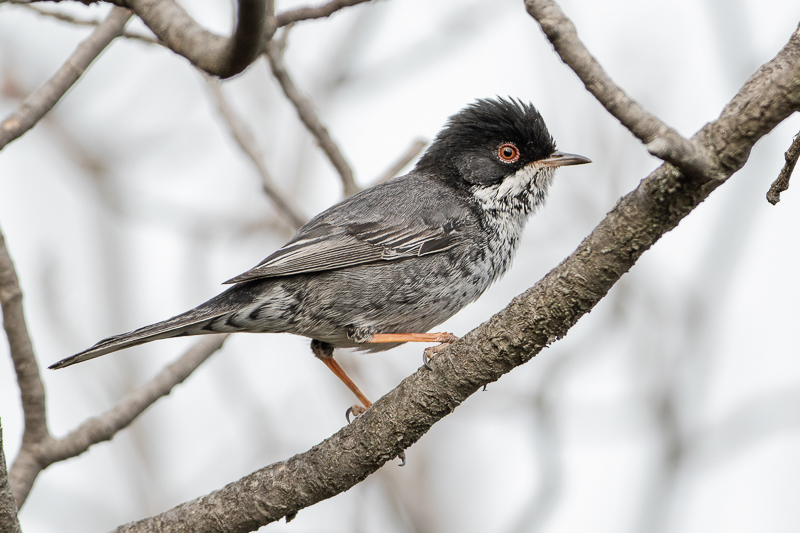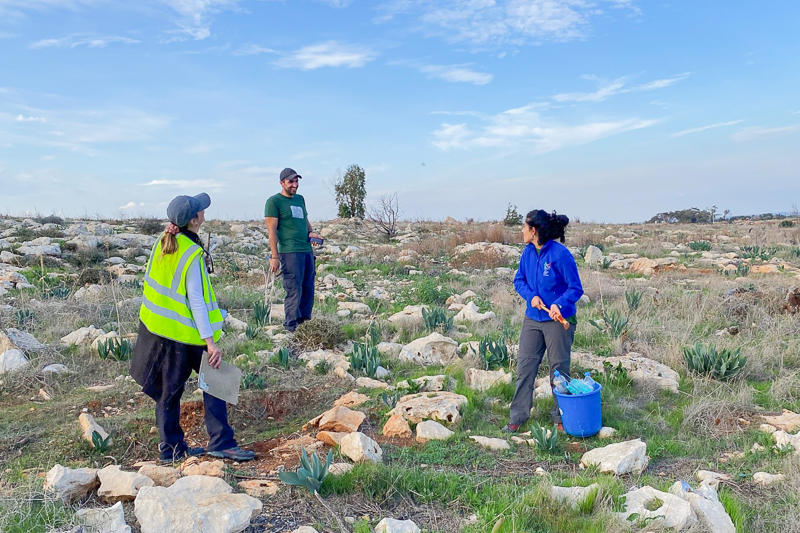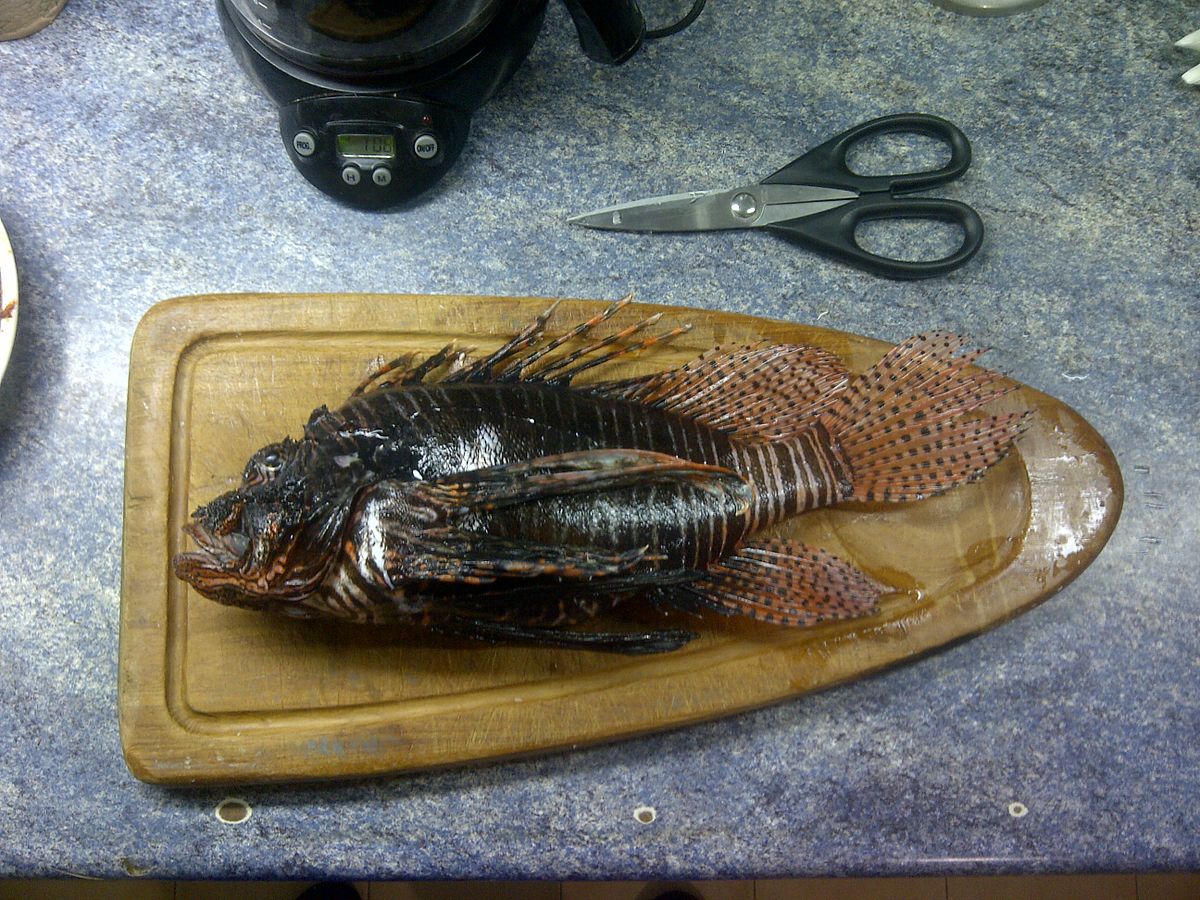What they are, why we should care and what we can do about the problems they cause
The term invasive alien species (IAS) is used to describe organisms that are introduced accidentally or deliberately into a natural environment where they are not normally found, and which have severe negative consequences for their new environment. Alien species can also be non-invasive and cause minimal issues in their new environment, however those that do cause problems can be very damaging indeed.
It is estimated that the economic impact alone of invasive alien species in the EU is around €12 billion a year and $423 billion worldwide, with this expected to quadruple every ten years. They are a major threat to native plants and animals and one of the five major causes of biodiversity loss worldwide, with 60 per cent of the animals and plants that have become extinct globally caused by invasive alien species.
Cyprus is internationally recognised as a biodiversity hotspot with many species only found here (known by the term endemic), and the island is a main stopover point for millions of migrating birds every year. There are deep-rooted cultural traditions relating to the food species grown and used locally and the very specific ecosystem that has evolved over millennia on the island is a truly complex web between all these species.
When this is disrupted by the introduction of an invasive alien species that has evolved in another area of the world with a different ecology despite the climate or landscape seeming similar, in many cases we begin to see problems which are most visible in the loss of our native flora and fauna.

The reasons this happens are complicated and manifold, however most often the introduced species alters the balance of the native ecology in some way, and in doing so the long established and often fragile inter-dependencies between native species quickly fall apart.
This of course has many far-reaching consequences, not only environmentally but also economically. Native plants and animals are frequently no longer able to live in areas where these invasive alien species establish themselves as they often cannot compete, find the food they need, areas to breed and bring up their young, and in some cases find their required habitat so radically altered that they simply can no longer survive at all.
Of the 395 European native species listed as critically endangered in the IUCN Red List of Threatened Species, 110 are in danger because of invasive alien species, and in Cyprus specifically we face a similar situation with invasive alien species including Acacia saligna, Lionfish, the Oriental Hornet and even domestic cats.
There are also many economic implications; specifically in Cyprus where almost 80 per cent of fresh water is used in agriculture, soil health is vital to growing the food we need, and fires are increasingly frequent, costly and damaging. Despite this, a number of invasive alien plant species are responsible for using vast amounts of water needed for drinking and food production, interrupting nutrient exchange preventing native species from growing, and intensifying the effects of fire due to the ease and speed at which they burn, which is not only damaging to the environment and economy, but effects all of us by increasing costs of living.

It’s clear from any interpretation of the data that if we want to continue to enjoy and benefit from the plant and animal species which make Cyprus so special and unique, live in the way we have grown accustomed to and maintain stable agricultural and economic systems and a cultural heritage that we can pass on to our children and grandchildren, we not only need to understand what the issues are, but also learn how we can make positive changes not only globally or nationally, but in our own lives and communities, and implement these effectively – and we may have to think out of the box to achieve this.
There are many things we can do, from learning more about the local and wider environment, ecology and biodiversity that is all around us so as to better understand how we can support and protect it, to joining or supporting one of the many projects run in Cyprus aimed at promoting sustainable environmental practices and dealing with invasive alien species. Organisations such as Birdlife Cyprus and Terra Cypria regularly run events for both adults and children and publish a great deal of relevant information, the Department of Forestry, the Department of the Environment and the EU commission all offer information and guidance online relating to invasive aliens species, both what they are and how they can be managed, and there are many groups on various social media platforms where information on the subject can be shared and discussed.
Most importantly however is for us to understand that despite there being many challenges, the only way we can truly fail is to not try at all, so the real question do we as individuals and a country accept failure knowing this will likely lead to increasing environmental and economic issues, or are we willing to try everything we can to preserve the unique culture, ecology, traditions and landscapes Cyprus has to offer and make the island we call home the kind of place we, our children and all future generations can not only thrive in, but also be proud of?
Matthew Holloway has over a decade of experience working in the fields of ecology and conservation with a number of NGOs within Cyprus and is currently embarking on post graduate studies in this area







Click here to change your cookie preferences